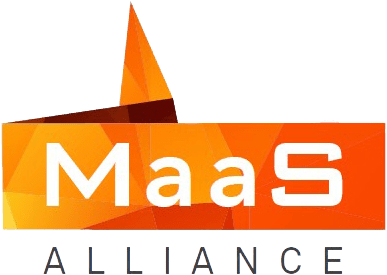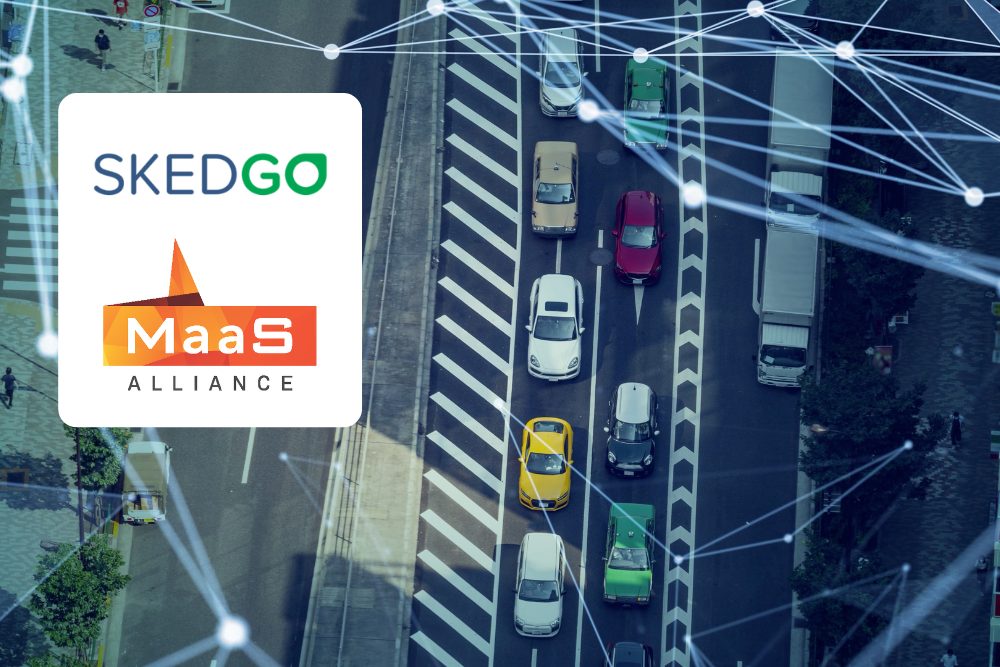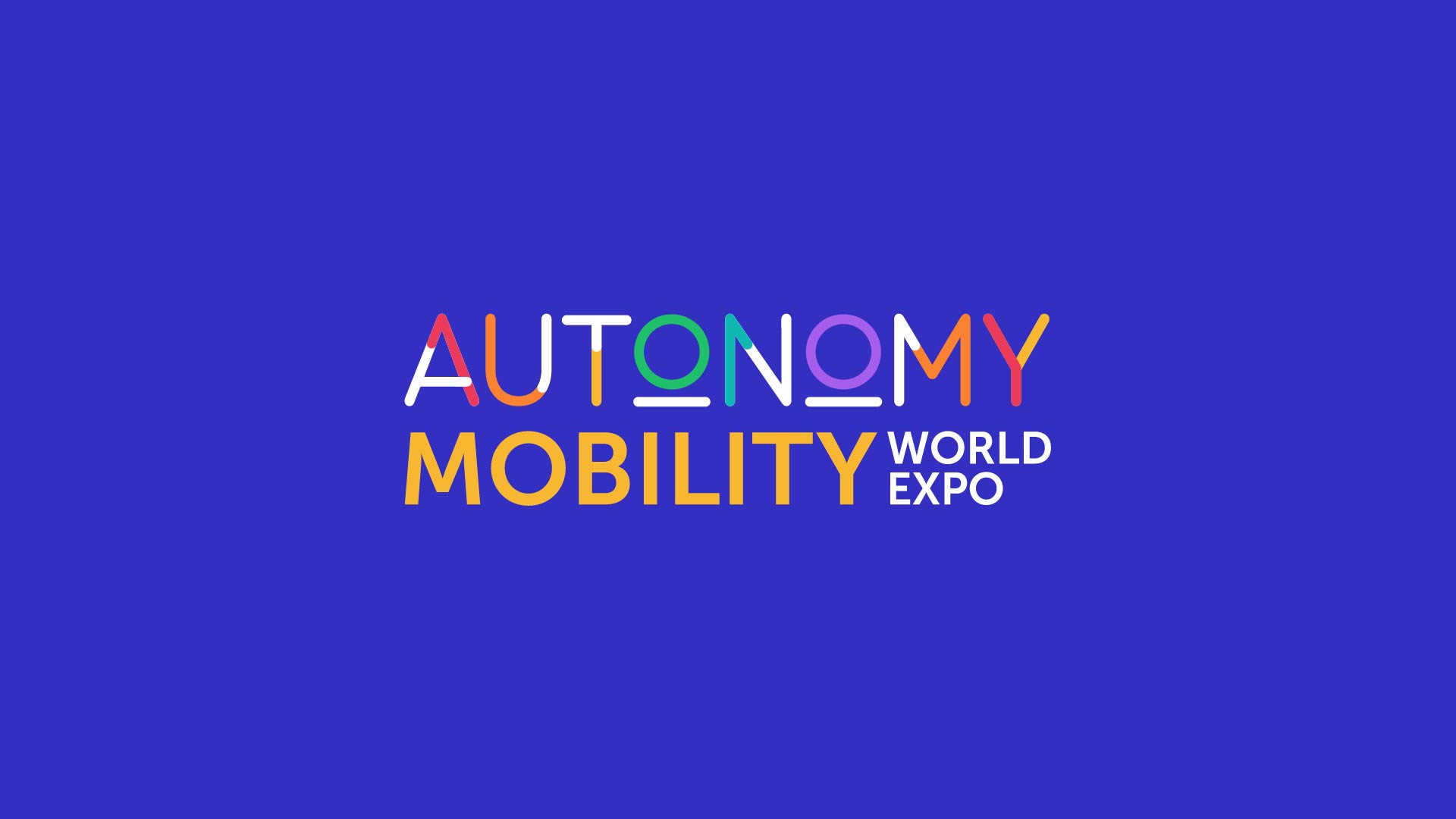By Jim Beveridge, ERTICO – ITS Europe (written on 20 June 2018)
The International Transport Forum 2018 Summit took place during a warm, sunny week in Leipzig. Under this years’ theme “Transport Safety and Security” ERTICO and its innovation platform MaaS Alliance joined forces and organised an in-depth discussion on the issue of cybersecurity. The panel was composed of experts from the industry: Jim Beveridge (ERTICO), Arshia Gratiot (Third Space Auto), Norbert Kouwenhoven (IBM), and Steffen Reyman (Cubic).
The session “Is blockchain the answer to cybersecurity?” was moderated by Katja Schechtner of ITF-OECD/MIT. She set the scene by presenting her report “Blockchain and Beyond: Encoding 21st Century Transport” which had just been launched. It examines how advances in data science and encoding can improve transportation: Blockchain and other distributed ledger technologies are being combined with open algorithms and advances in common data syntaxes to provide new platforms on which new mobility services can be developed.
Among the panel participants, Jim Beveridge (ERTICO) explained how blockchain solutions can mean different things to the mobility community. The skeptic audience sees blockchain as an overhyped technology “a new mousetrap still looking for a mouse”. To the software developer it is a cool set of protocols and encryption building blocks that allows distributed data to be securely stored on a mobility network. The business person on the other hand perceives blockchain as a way to drive efficiencies of scale, improve the reliability of transactions, and drive new business models. In the domain of internet governance blockchain is understood as building upon, and thus supporting, the decentralized architecture of the internet. Civil Society representatives point to how it encourages the democratisation of trust leading to better utilisation of public assets and infrastructure. Finally, to the technologist blockchain is the missing link that will allow mobility services to optimize Cloud Computing, AI, ML, 5G and smart self-driving networks to secure the future of transportation, driving new business models, and benefiting the cargo/passenger.
From a practical perspective Norbert Kouwenhoven (IBM) explained how IBM’s joint venture with Maersk on a cross border supply chain solution was made possible by the use of blockchain. The solution that the companies have developed is offered to the industry as a platform. This platform, involving the digitization of today’s paper trail, has the potential to save the container industry billions of dollars by enhancing transparency across the supply chain whilst at the same time securing the sharing of information between trading partners.
The other two experts who joined the panel, Arshia Gratiot who is the founder and CEO of the innovative company Third Space Auto, and Steffen Reyman who heads up the Innovation Centre for the established Cubic Transportation Systems. Regarding the pros and cons of blockchain in supporting transportation security both Arshia and Steffen provided eloquent responses as to how their companies were building up their expertise in blockchain.
Arshia Gratiot and her team focus on developing Mobility as a Service platforms using the rich source of data emanating from the increasing amounts of data being provided by your mobile phone and the sensors in the car. Securing this personal data and the information derived from it is important to the future of the company. Arshia and her team are developing solutions with their development teams in Romania and Finland based on Hyperledger blockchain.
Steffen Reyman highlighted the expertise Cubic had built up over the years as the leading integrator of payment and information systems globally. Cubic innovation center looks at a number of different technologies, including blockchain, that will help solve future MaaS logistics.
From these insightful interventions there followed a panel discussion on the various pros and cons of the permissioned versus permissionless blockchain systems. Norbert highlighted that the IBM Maersk collaboration was based on a permissioned system. Jim noted that both models are currently being used and that the market will ultimately decide the winners and losers.
The panel session was followed by lively discussions with ministers, EU representatives and companies about the future of blockchain and whether they need to prepare for this “hype technology” or not?
A follow-on session will be hosted by ERTICO exploring DLTs at the ITS World Congress in Copenhagen in mid-September. OECD will run a major Blockchain Conference on 4-5 September 2018 in Paris.
More information about this year’s ITF is available on the ERTICO Network here.



